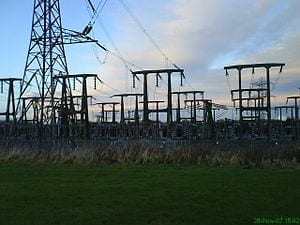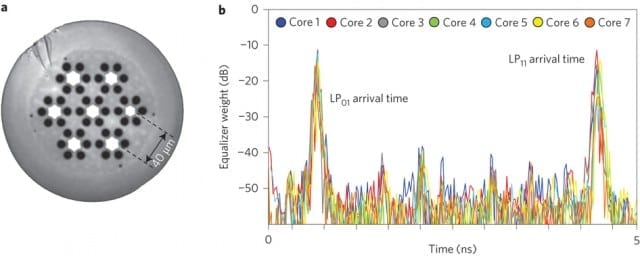
A new study reveals the urgent need to address instabilities in the supply of electrical power to counteract an increase in the frequency and severity of urban blackouts.
Research by Hugh Byrd, Professor of Architecture at the University of Lincoln, UK, and Steve Matthewman, Associate Professor of Sociology at the University of Auckland, New Zealand, highlights the insecurities of power systems and weakening electrical infrastructure across the globe, particularly in built-up urban areas.
The work builds on previous studies which examined a sharp increase in electrical usage over recent years, and warned the world to prepare for the prospect of coping without electricity as instances of complete power failure become increasingly common.
Professor Byrd explained: “We have previously highlighted that demand for new technology continues to grow at an unprecedented rate. Our new research emphasises why energy sources are becoming increasingly inadequate, and simply cannot continue to meet this demand.
“Throughout our study, we observed a number of network failures due to inadequate energy, whether through depletion of resources such as oil and coal, or through the vagaries of the climate in the creation of renewable energy.”
The British energy regulator Ofgem has predicted a fall in spare electrical power production capacity to two per cent by 2015, meaning there is now even less flexibility of supply to adjust to spikes in demand.
The issue of energy security exists for countries which have access to significant renewable power supplies too. With rain, wind and sunshine becoming less predictable due to changes brought about by global warming, the new research found that severe blackouts in Kenya, India, Tanzania and Venezuela, which all occurred during the last decade, were caused by shortages of rain in hyrdro-dams.
Further to the irregularities involved in renewable power generation, the study concludes that worldwide electricity supply will also become increasingly precarious due to industry privatisation and neglect of infrastructure.
Professor Matthewman said: “Over the past two decades, deregulation and privatisation have become major global trends within the electrical power industry. In a competitive environment, reliability and profits may be at cross-purposes — single corporations can put their own interests ahead of the shared grid, and spare capacity is reduced in the name of cost saving. There is broad consensus among energy specialists, national advisory bodies, the reinsurance industry, and organisational sociologists that this has exacerbated blackout risk.”
The Latest on: Power Grid
[google_news title=”” keyword=”Power Grid” num_posts=”10″ blurb_length=”0″ show_thumb=”left”]
via Google News
The Latest on: Power Grid
- US’s power grid continues to lower emissions—everything else, not so muchon April 26, 2024 at 11:51 am
Separately, direct use of fossil fuels for things like furnaces, water heaters, etc., has been largely flat for the entire 30 years the EIA is looking at, although milder weather led to a slight decline in 2023 (8 percent for residential properties, 4 percent for commercial).
- Maximizing Power Grid Securityon April 23, 2024 at 10:59 am
Regardless of motive and intent, future energy grid planning—and the planning of all cyber-physical systems for that matter—are destined to use AI as a foundation for optimization, according to PNNL, so its energy grid toolkit is just the first of many destined to be released by the RD2C Initiative.
via Bing News










